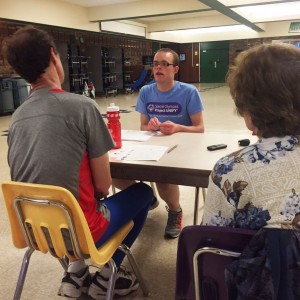 In Madison, Wisconsin the Waisman Center is nestled between the campus of the University of Wisconsin and the UW Hospital, right next to Lake Mendota. For this particular research facility it is an appropriate area to be placed.
In Madison, Wisconsin the Waisman Center is nestled between the campus of the University of Wisconsin and the UW Hospital, right next to Lake Mendota. For this particular research facility it is an appropriate area to be placed.
The Waisman Center provides clinical care through 12 specialty clinics that are operated in collaboration with UW Hospital and Clinics and several UW-Madison Departments. Its mission is to advance knowledge about human development, developmental disabilities, and neurodegenerative diseases and it is home to the Eunice Kennedy Shriver Intellectual and Developmental Disabilities Research Center.
It is here that qualitative research for Special Olympics International is taking place in collaboration with Special Olympics Wisconsin and the University of Cape Town.
The University of Cape Town’s Disability Studies Program team has been commissioned by Special Olympics International to assist them in the overall qualitative evaluation of the Healthy Communities program.
Healthy Communities is a program that demonstrates an on-going community-integrated dedication to facilitating access for people with intellectual disabilities to health and well-being services, education, and support every day. Special Olympics Wisconsin, being one of the higher profiled sites for Healthy Communities in the U.S., was chosen as a site to participate in the research conducted by the University of Cape Town.
The evaluation of Healthy Communities and how the program can bring about improved health for people with intellectual disabilities is being presented in three different questions which are then asked to different groups of people. The questions are:
• How has improved access to health care and treatments been achieved?
• How were community partnerships mobilized and maintained?
• To what extent are Healthy Community programs effective and sustainable?
Leading the research at the Waisman Center is Karla Ausderau, PhD and OTR/L. Ausderau was selected to be a principal investigator for this project due to her history with qualitative research amongst children and young adults with disabilities and research in families with autistic children.
“The University of Cape Town wants to get a mutli-faceted view on these questions that we have and by doing that were conducting interviews and focus groups with athletes, care givers, Special Olympics Wisconsin personnel, and community members who participate in Special Olympics Wisconsin,” Ausderau stated. “We’re trying to get this idea of health, promotion and healthy communities and how it’s impacting not only the athletes but their families as well.”
One unique perspective that the Wisconsin site is contributing to their research is adding co-researchers to its interview panel.
Brittany St. John, a Project Assistant under the direction of Ausderau, specified, “Co-researchers in general is using anyone who could be traditionally a participant in the study as a partner in the research and the idea is that by using someone who is a true stakeholder in the research you will get a better outlook on things. We’re using Special Olympic athletes who have been identified as leaders, to give interviews to their peer athletes. The idea is that there is going to be their strong rapport and that they understand the perspective of an athlete.”
Ausderau and St. John felt very strongly that having co-researchers was an important thing to do at the Wisconsin site in order to garner effective qualitative research. As academicians they have realized that their background may prohibit them from having as strong as a connection when interviewing a Special Olympics athlete about the Healthy Communities project as one of their peers may have.
One co-researcher and Special Olympics Wisconsin athlete, David Thompson, was one of three co-researchers chosen for this project. When asked his thoughts on including co-researchers he stated, “In my opinion you can have as much research as you want but at the end of the day if you don’t have people… if you don’t have real life people that have actually witnessed it… well then in my opinion you can make strides but eventually those strides are going to stay the same, but then if you start getting athletes in there and athletes part of this, well, those strides are going to go straight up right through the wall, and that’s something that I would like to see happen.”
The overall goal is that the data that is collected in Wisconsin will be analyzed in Cape Town and will then be compared to the different sites around the world to determine what is unique to each site as well as what’s common across sites.
The information should help Healthy Communities in many ways:
• Raise awareness around the issues of health disparities facing people with intellectual disabilities worldwide.
• Foster increased cooperation to deliver better care to people with intellectual disabilities.
• Create communities where people with intellectual disabilities have the same access to health and wellness resources.


